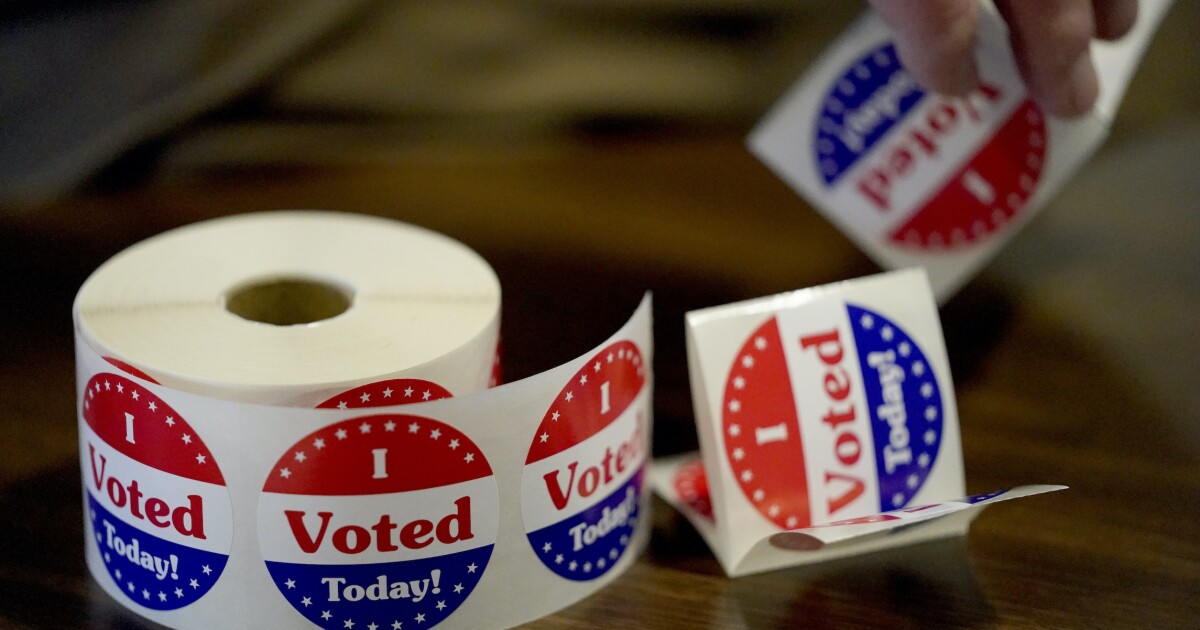

South Dakota primary voters rejected a ballot measure requiring any future ballot initiatives that increase taxes, or spend more than $10 million in five years, to pass with the support of at least 60% of voters. The measure was aimed at thwarting a proposal to expand Medicaid eligibility that voters will consider in November.
FETTERMAN SAYS HE’LL BE BACK ON PENNSYLVANIA SENATE CAMPAIGN TRAIL ‘REALLY SOON’
Supporters of Constitutional Amendment C, dubbed the “Taxpayer Protection Amendment,” argued the higher threshold to pass such provisions would safeguard public funds more than the current 50%-plus-one majority required. Opponents said it would reduce the power of voters in the state to pass measures by ballot initiatives in the state.
A strong majority, more than two-thirds of voters, rejected the ballot measure requiring a two-thirds majority for some future efforts. The state’s legislature requires a two-thirds majority for any new taxes in order for them to be enacted.
The inclusion of Amendment C on the primary ballot was sparked by a drive to include an amendment on November’s ballot to expand federal Medicaid eligibility in the state. The state’s major healthcare groups opposed Amendment C in response. The Associated Press noted the state’s hospital systems are among its largest employers.
Fiscally conservative groups, including Americans for Prosperity, backed the effort.
CLICK HERE TO READ MORE FROM THE WASHINGTON EXAMINER
Voters will consider the Medicaid expansion measure, Amendment D, in November.






